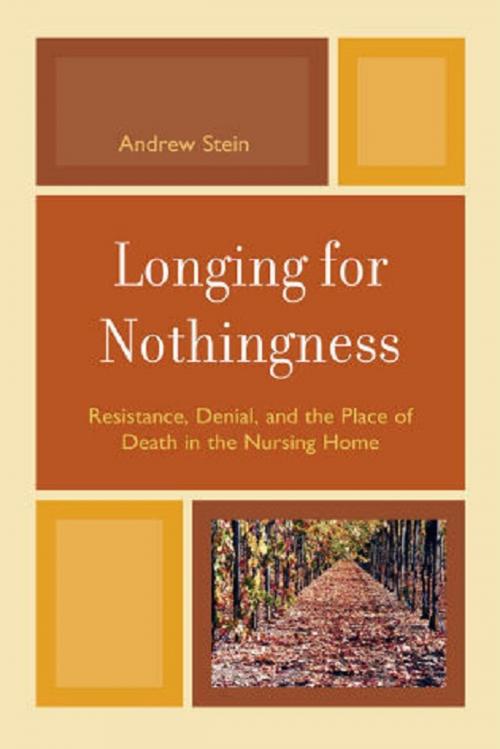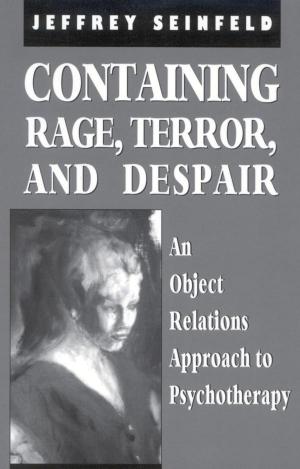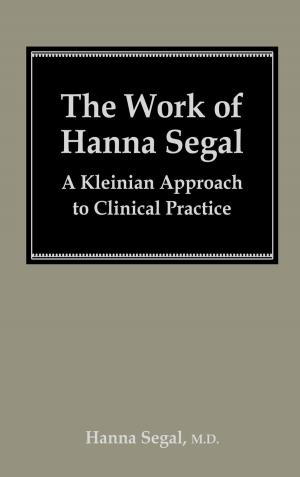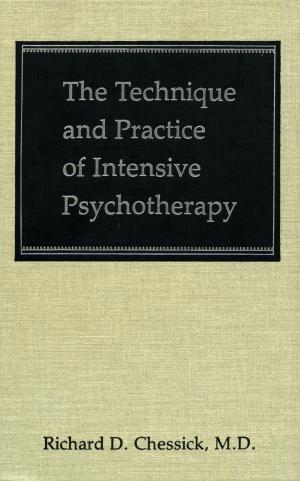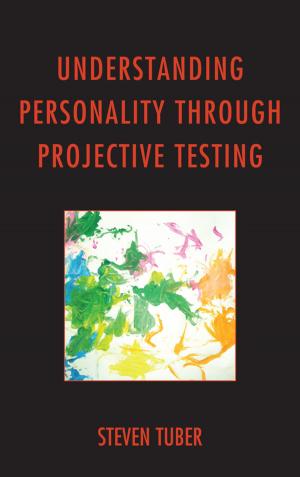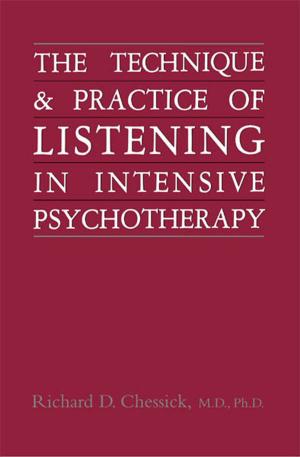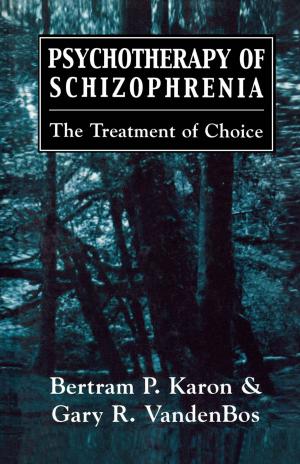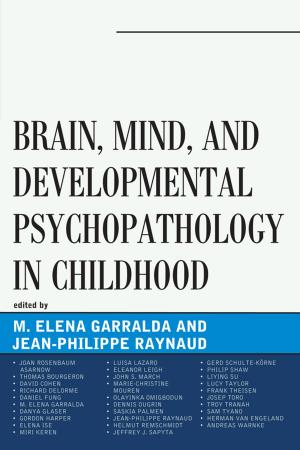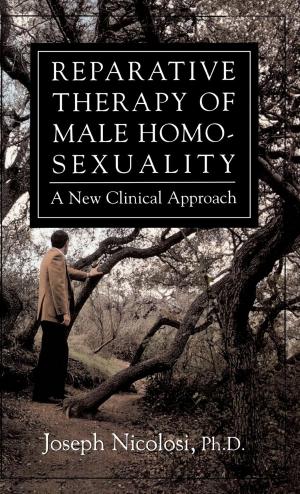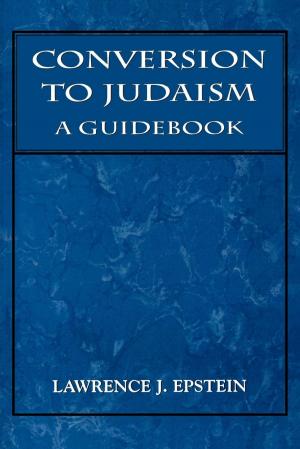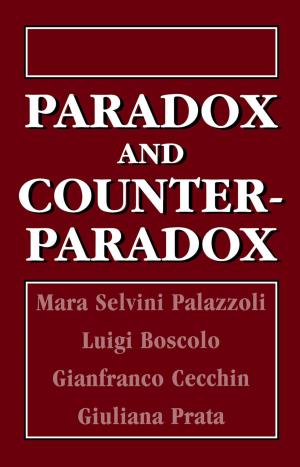Longing for Nothingness
Resistance, Denial, and the Place of Death in the Nursing Home
Nonfiction, Health & Well Being, Psychology| Author: | Andrew Stein | ISBN: | 9780765707253 |
| Publisher: | Jason Aronson, Inc. | Publication: | January 25, 2010 |
| Imprint: | Jason Aronson, Inc. | Language: | English |
| Author: | Andrew Stein |
| ISBN: | 9780765707253 |
| Publisher: | Jason Aronson, Inc. |
| Publication: | January 25, 2010 |
| Imprint: | Jason Aronson, Inc. |
| Language: | English |
In Longing for Nothingness: Resistance, Denial, and the Place of Death in the Nursing Home, Andrew Stein offers a groundbreaking new psychoanalytic treatment of the depression and other mental conflicts suffered by residents living in nursing homes. Freud famously argued that humans had a dual drive, toward life and toward death, and in this new study Stein shows that residents may suffer because they cannot control one part of that dualism, their 'longing for nothingness.' Weaving together elements of Freud's life and writings, Lacanian and Kleinian notions, and clinical material in a new and surprising manner, Stein shows that a frightening breakdown of symbolic and imaginary defenses opens nursing home residents to these deeply repressed longings. Because they often do not know how to respond, the result is an increase in their suffering and tendency to despair. Longing for Nothingness makes an impassioned plea for all people, not only residents of nursing homes, to fully acknowledge the role of death in the structures of their desires. By doing this, they will be spared the unnecessary suffering caused by the struggle to keep their longings for death repressed. Stein presents an alternate strategy: bringing the longings for death a little more into consciousness, where they can be addressed without fueling debilitating symptoms like depression and rage.
In Longing for Nothingness: Resistance, Denial, and the Place of Death in the Nursing Home, Andrew Stein offers a groundbreaking new psychoanalytic treatment of the depression and other mental conflicts suffered by residents living in nursing homes. Freud famously argued that humans had a dual drive, toward life and toward death, and in this new study Stein shows that residents may suffer because they cannot control one part of that dualism, their 'longing for nothingness.' Weaving together elements of Freud's life and writings, Lacanian and Kleinian notions, and clinical material in a new and surprising manner, Stein shows that a frightening breakdown of symbolic and imaginary defenses opens nursing home residents to these deeply repressed longings. Because they often do not know how to respond, the result is an increase in their suffering and tendency to despair. Longing for Nothingness makes an impassioned plea for all people, not only residents of nursing homes, to fully acknowledge the role of death in the structures of their desires. By doing this, they will be spared the unnecessary suffering caused by the struggle to keep their longings for death repressed. Stein presents an alternate strategy: bringing the longings for death a little more into consciousness, where they can be addressed without fueling debilitating symptoms like depression and rage.
